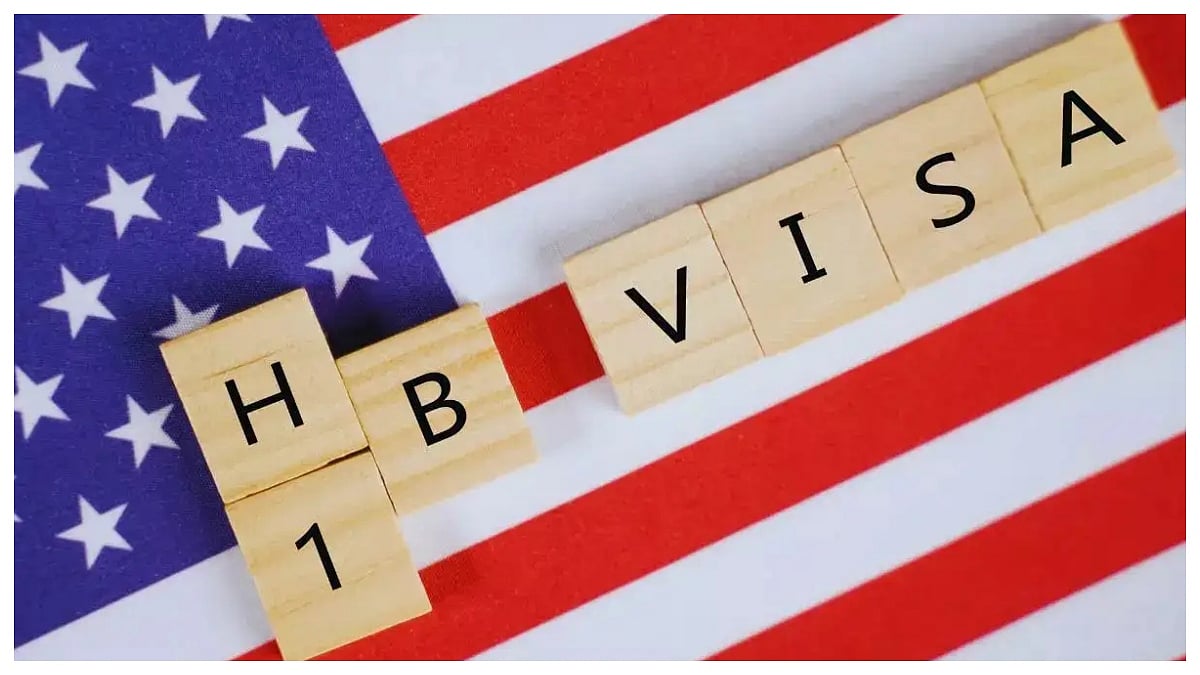A few days ago, the Crime Writers’ Association announced its annual awards, and the Gold Dagger went to Una Mannion’s Tell Me What I Am, which the judges commented was: “Haunting and beautifully written, this is a story of a young woman navigating the complexities of a traumatic and unknown past. Mannion deftly explores the impact of crime on all those affected, and will leave readers questioning what it means to be family, and how far they might go for someone they love. This character-driven thriller expertly examines the boundaries of love, power and control and will stay with you long after you turn the last page.”
Though Metta Fuller Victor's The Dead Letter, published in serial form between 1866 and 1867, is widely considered the first detective novel written by a woman, for years it was generally believed that women could not excel at crime fiction – Agatha Christie’s cosy mysteries notwithstanding. They were, more often than not, victims of violent crime, rarely the perpetrators. If crime fiction is narrowly defined as cops, gangsters, murder, serial killing, kidnapping and heist, then a significant subgenre of domestic noir is left out. Tell Me What I Am is a fine addition to that list.
There is a book titled Domestic Noir: The New Face of 21st Century Crime, edited by Laura Joyce and Henry Sutton, that charts the course of this genre, but it is not a recent phenomenon—it has been noticed more now, perhaps because more women writers are examining what goes in inside the house, intimate partner violence (IPV) is being reported more and being taken seriously by law enforcement.
The term was applied to fiction in 2013 by the novelist Julia Crouch, who defined the subgenre in her blog: “In a nutshell, Domestic Noir takes place primarily in homes and workplaces, concerns itself largely (but not exclusively) with the female experience, is based around relationships and takes as its base a broadly feminist view that the domestic sphere is a challenging and sometimes dangerous prospect for its inhabitants.”
In Tell Me What I Am, Deena Garvey, who comes from a loving and well-adjusted family, falls in love with Lucas Chevalier, who immediately starts manipulating her, and isolating her from her family and friends. The evening she meets him at a party, Deena abandons her friend Molly, to take a ride home in Lucas’s car. It does not even occur to her to ask him to give the other women a lift too, because she is flattered by the attention of an attractive man, and also perhaps she senses his disapproval of Molly’s intrusion into their privacy.
Soon after she starts seeing Lucas, Deena tells her sister, Nessa, that she will not be joining the family for Christmas, because he wants to spend the day alone with her. Nessa notices with dismay that Deena is completely controlled by Lucas. Three weeks after meeting him she moves in with him and six months later she is pregnant. Molly, who works as a nurse with her, tries to warn her, but Deena refuses to acknowledge what is going on and brushes her concerns aside. Mannion writes, “Every time Nessa tried to say something real to Deena about Lucas, Deena was defensive and patronising, as if Nessa would only understand when she had a partner, Se couldn’t know what it was like between a couple, how they made sacrifices for each other…. Deena had literally thrown her previous life into a dumpster because he didn’t value it. She didn’t understand how this man had pushed something between them.”
Deena starts losing weight, bruises appear on her body, but she won’t leave Lucas. Somewhere in the depths of her hazy mind, she knows what is happening, but will not do anything to get out of the situation. She does admit to Nessa that she mistakenly thought she was safe with Lucas. Her memory gave a golden glow to the night she met him and was dazzled by him. “I can see the shadow of myself moving through the events of my life up until that night, but I also see the dissolve how some other element engulfs me, is chemically disintegrating me, is burning me up.”
Then her daughter Ruby is born and Deena is trapped further; Lucas even decides how and when the baby is to be fed. When she does finally leave, and get a restraining order against Lucas, there is a custody battle in which her mental state is the point of contention—that he caused her deterioration is not even considered. Suddenly, Deena vanishes. Lucas takes the three-year-old Ruby to his mother Clover’s home on a remote island, and starts controlling her life. He cuts her off from her mother’s side of the family and home schools her, till the law dictates he has to send her to school.
Nessa’s life is consumed by Deena’s disappearance, and the separation from Ruby. Her trauma makes her break up with a man who loves her, and spend a large sum of money to pay a detective to keep track of Ruby’s progress. Her letters to Ruby are intercepted by Lucas. He wants memories of her past to be erased, but Ruby is obsessed with the loss of her mother.
Just one toxic male – an “alpha manly man” as he is described – wrecks the life of his mother, girlfriend, her sister and his daughter. Physical abuse can be visible sometimes on the body, but mental or psychological abuse is tough for the victim to comprehend, leave aside explaining to others. Society is still geared to accept that women are somehow at fault if they are battered. In the book, a lawyer explains that “allegations of domestic violence have no demonstrable effect on the rate at which fathers are awarded custody of their children.”
Nessa is bothered by abbreviations like IPV, “their distance and disembodiment, how they almost normalised harmful behaviours. Abbreviations didn’t allow nuance or humanity—it was as if people who’d experienced these things were all the same.”
A lyrically written book winning an award for crime writers, in which the misdemeanour is not overt but insidious, recognises the appeal of Domestic Noir. Rebecca Whitney writing on the success of genre comments, “I suspect that perhaps this new generation of authors are vocalising a form of collective rage that not more is being done to understand and help women who suffer at the hands of an abuser. Literature can be entertaining, but it can also be informative, and these books work in some small part towards dissecting the shame and powerlessness, the psychological and often violent manipulation that abused women experience to keep them trapped in this most toxic of relationships, away from prying eyes, and in the environment we expect to be the most loving and nurturing. Through the unpacking of this more sinister side of some relationships and the empathy that that creates, perhaps we can cease to blame the victim, and concentrate on punishing the real perpetrator of the crime.”
Deepa Gahlot is a Mumbai-based columnist, critic and author




